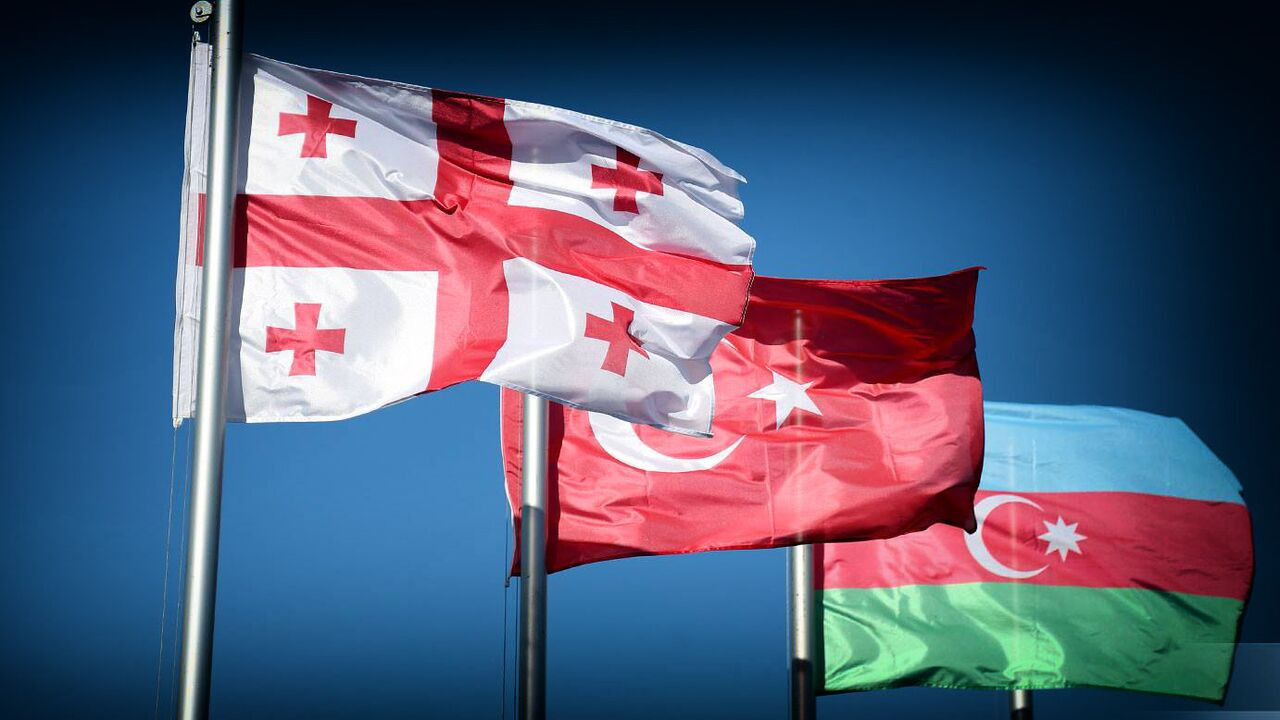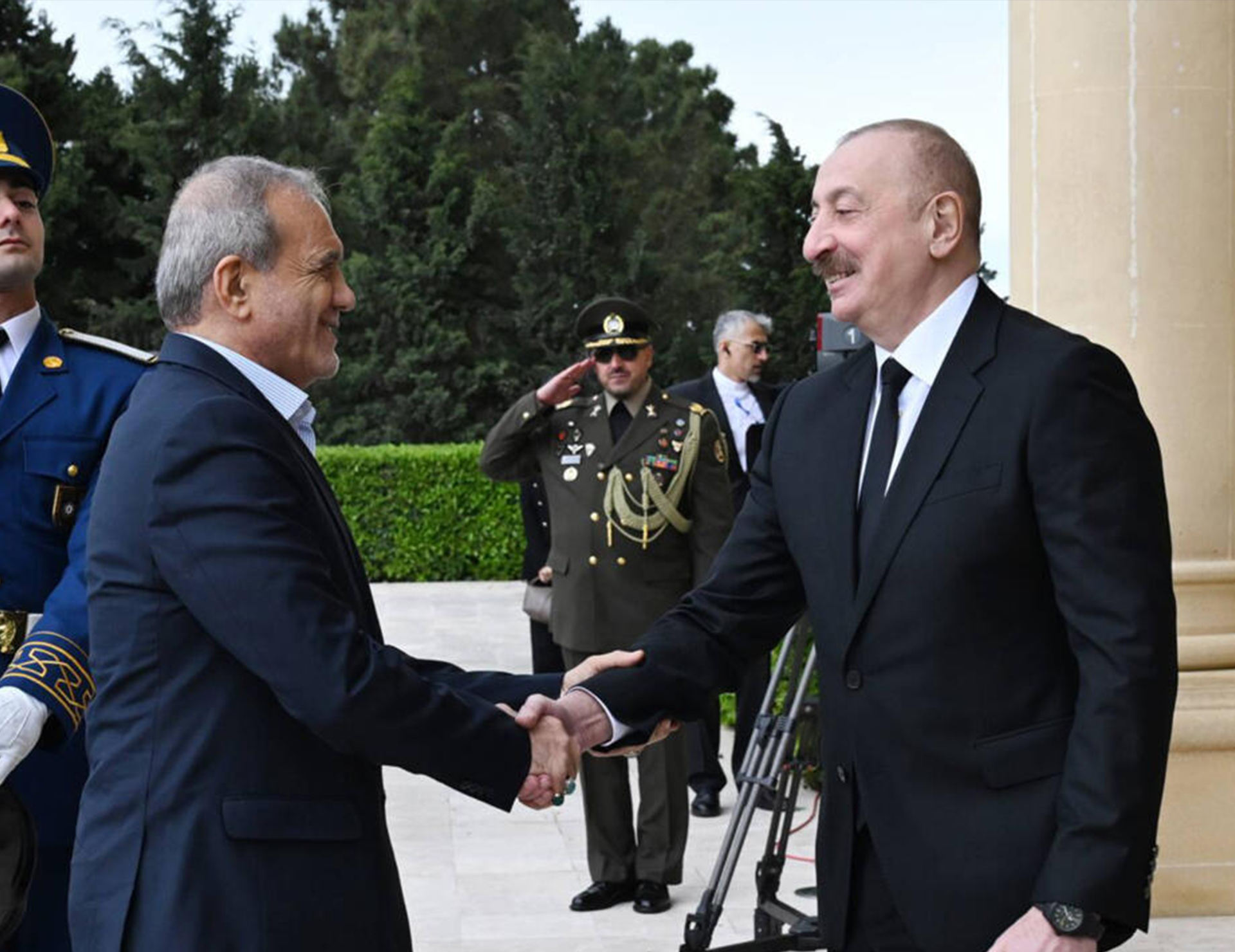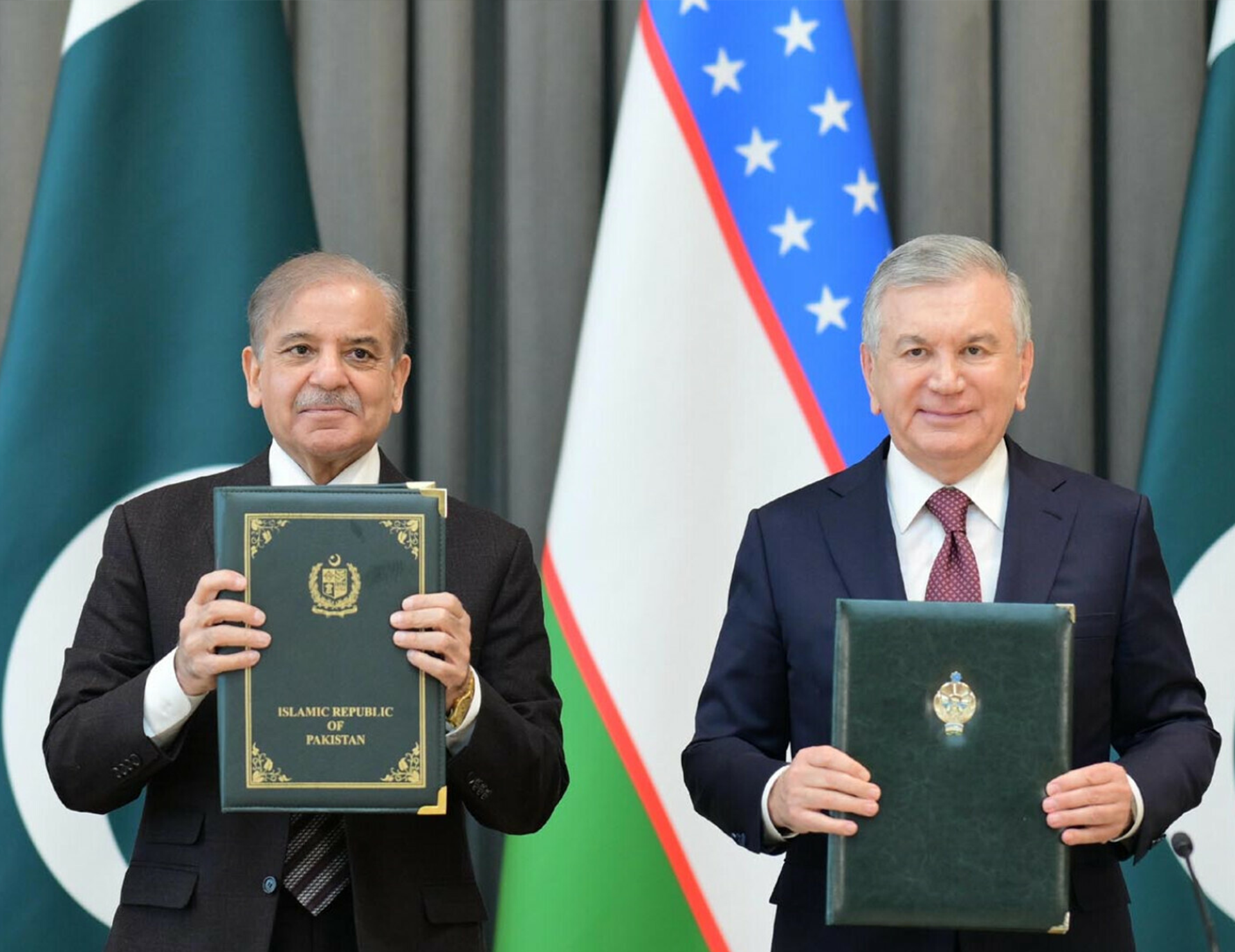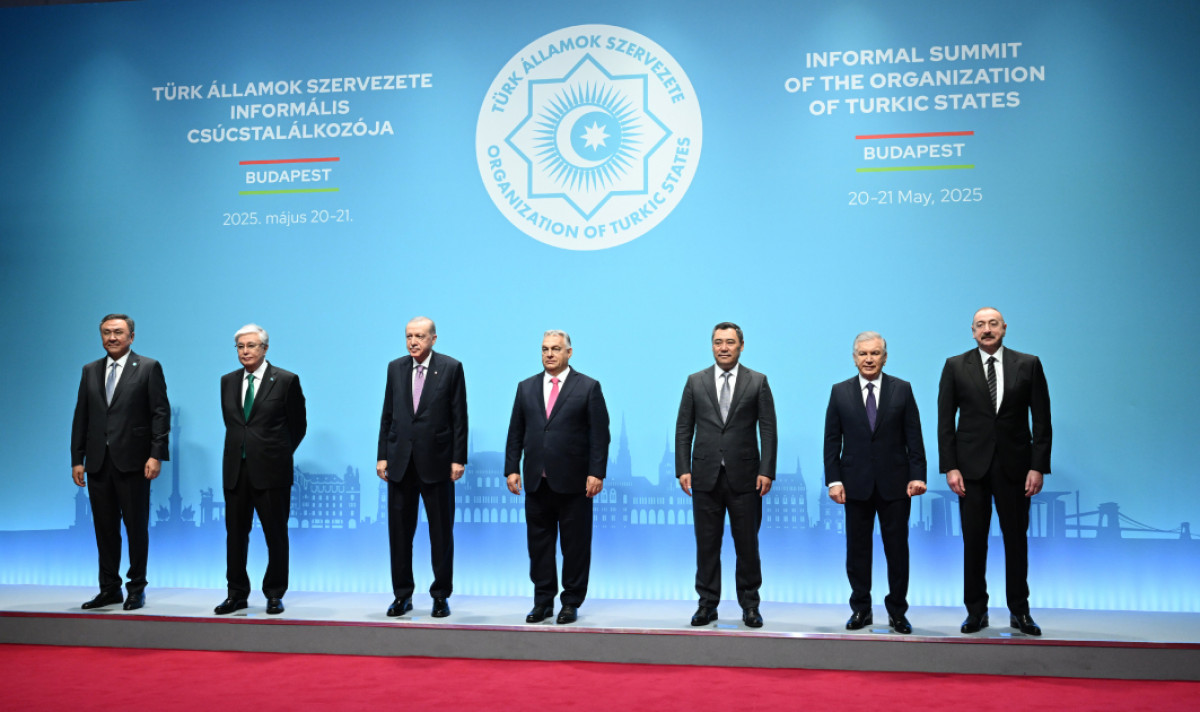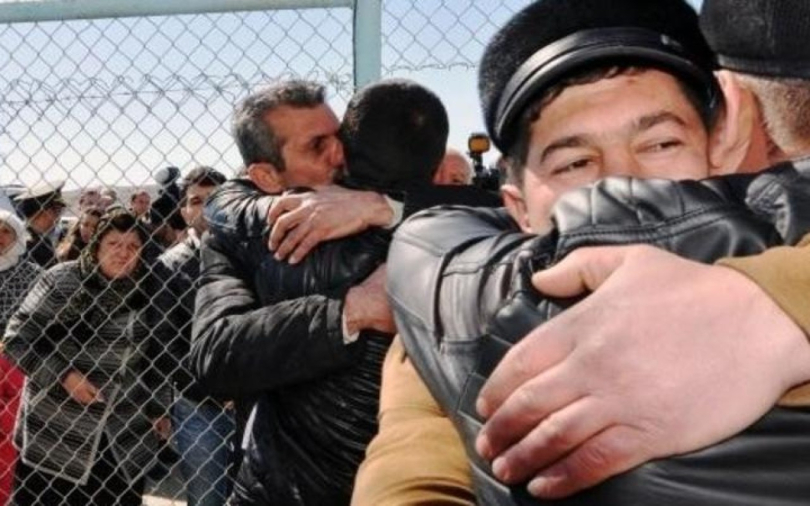On November 8, Azerbaijan celebrates the 4th anniversary of the end of the Second Karabakh War, which concluded in 2020 and resulted in the liberation of the Karabakh region and surrounding districts previously occupied by Armenia. The resolution of this conflict and complete de-occupation of the Karabakh region in September 2023 has significantly bolstered Azerbaijan’s geopolitical standing. This has also had significant implications of Azerbaijan’s relations with the regional countries, in particular with Türkiye and Georgia. Türkiye’s support to Azerbaijan’s efforts to restore the country’s territorial integrity has made the two brotherly countries much closer with critical contribution to the deepening of their trilateral cooperation with Georgia, the country that geographically connects Azerbaijan with Türkiye. The history of this trilateral format dates back to the early years of the post-Soviet period when Baku and Tbilisi regained their independence. Over the latest years, Azerbaijan, Türkiye, and Georgia have fostered unprecedented levels of economic and security collaboration, establishing a collective hub for Eurasian energy supplies and multi-modal transportation.
In light of their strengthened relations, Azerbaijan, Georgia, and Türkiye now hold regular discussions among their foreign, defense, and other key ministers, focusing on topics like trade, security, sovereignty, and transportation. During these high-level meetings, the three countries consistently emphasize their commitments to territorial integrity, deepening security ties, and strengthening cooperation in various spheres.
In 2014, the presidents of these countries convened in a trilateral format for the first time and have made it a tradition of their trilateral exchanges. Their foreign ministers, meeting nearly annually since 2012 and rotating locations among the three countries (most recently in May 2024), typically cover regional conflict management, economic cooperation, business partnerships, and expanding collaboration in areas like science, culture, and humanitarian efforts. In the 2012 Trabzon Declaration, reaffirmed in the 2018 Istanbul Declaration, the three countries committed to respecting each other’s territorial integrity, boosting passenger and cargo flow along the Trans-Caspian East-West Corridor, and supporting each other in international platforms.
These ties continue to grow through regular trilateral military exercises, high-level meetings, and cooperation across various fields such as education, defense, and security. On September 10 this year, the latest trilateral meeting of the defense ministers of Azerbaijan, Türkiye, and Georgia was held in Batumi. The sides celebrated the achievements they have made over the past 12 years since the inauguration of their trilateral interactions in 2012. This underscores the shared commitment of the three countries to deepening strategic cooperation. The Azerbaijan-Türkiye-Georgia trilateral cooperation in defense sphere stands as a cohesive force promoting regional stability which is of critical importance against the backdrop of growingly intense geopolitical confrontation in Eurasia.
This regional cooperation not only promotes peace and stability but also advances the development of each country involved. Regional and global-scale projects like the Baku-Tbilisi-Ceyhan (BTC) oil pipeline, the Baku-Tbilisi-Erzurum (BTE) gas pipeline, and the Baku-Tbilisi-Kars (BTK) railway have been some of the products of this cooperation. Azerbaijan and Türkiye are now key economic partners for Georgia, ranking among its top five largest trading partners in 2023, with Türkiye leading the list. These economic relations have been positively affected by Georgia’s free trade agreements with Türkiye and Azerbaijan, established in 2008 and 1996 respectively. Investors from Azerbaijan and Türkiye hold strategic positions in vital Georgian sectors, including transportation and energy. The State Oil Company of the Azerbaijan Republic (SOCAR), operating through SOCAR Georgia Gas LLC, has become one of Georgia’s leading investors, ensuring a stable supply of Azerbaijani gas.
A significant addition to this cooperation is the Baku-Tbilisi-Kars (BTQ) railway, a critical infrastructure project linking East and West and aptly dubbed the “Iron Silk Road.” On October 30, the BTQ marked the seventh anniversary of its inauguration. Over the past seven years, this railway has enhanced trade, investment, and tourism across the region and has elevated the region’s status as a major transport hub in the Middle Corridor. Azerbaijan Railways completed a USD 250 million upgrade of the Georgian section of the BTK railroad in May this year, boosting the line’s total transport capacity from 1 million to 5 million tons, with ambitions to eventually raise it to 17 million tons. Along with its contribution to the advancement of the Middle Corridor, the BTQ is a success story of the Azerbaijan-Georgia-Türkiye cooperation with important impact on the intensification of the trilateral interactions.
In May this year, Georgian Prime Minister Irakli Kobakhidze, during a joint briefing with President of the Republic of Turkey Recep Tayyip Erdogan, highlighted the importance of this cooperation. The Azerbaijan-Georgia-Türkiye trilateral format is a very good example of how countries that respect each other’s sovereignty and national interests can effectively and successfully cooperate, he said.
This is due to this confidence and trust achieved amongst the three countries that President Ilham Aliyev during his visit to Tbilisi in October 2023, a couple of weeks after Azerbaijan’s successful anti-terror measures against the Armenian separatist regime in Karabakh, proposed Georgia as the venue for the Armenia-Azerbaijan peace talks. Stating that there are a lot of countries and international organizations that offer mediating role between Baku and Yerevan, President Aliyev said that “taking into account both the historical relations and the geographical factor, the most correct option in this field would certainly be Georgia. I am grateful to Prime Minister, who has also offered possible mediation in this area. I think that we should expect the same approach from Armenia, as a country that is ready for this, and if Armenia agrees, the heads of our relevant authorities can immediately come to Georgia for both bilateral and trilateral meetings”. President Aliyev also proposed the establishment of trilateral cooperation format of Armenia-Georgia-Azerbaijan which holds significant potential to be realized if Baku and Yerevan succeeds to sign a peace treaty in the near future.
That said, the Azerbaijan-Georgia-Türkiye trilateral format has developed into a strong foundation for regional stability, shared economic growth, and enhanced security. Through infrastructure projects, defense cooperation, and high-level diplomatic exchanges, these three countries have deepened their connections, turning the South Caucasus into a strategic bridge between Europe and Asia. The resolution of the Armenia-Azerbaijan conflict has further strengthened this partnership and even opened the door to the potential creation of a new trilateral cooperation framework in the region, with Armenia joining a model similar to the Azerbaijan-Georgia-Türkiye alliance. President Aliyev’s proposal to host peace talks between Armenia and Azerbaijan in Georgia, along with his vision for an Armenia-Georgia-Azerbaijan collaboration, reflects an optimistic approach that could bring even greater stability to the region.
*The article is also available in the Georgian language.

